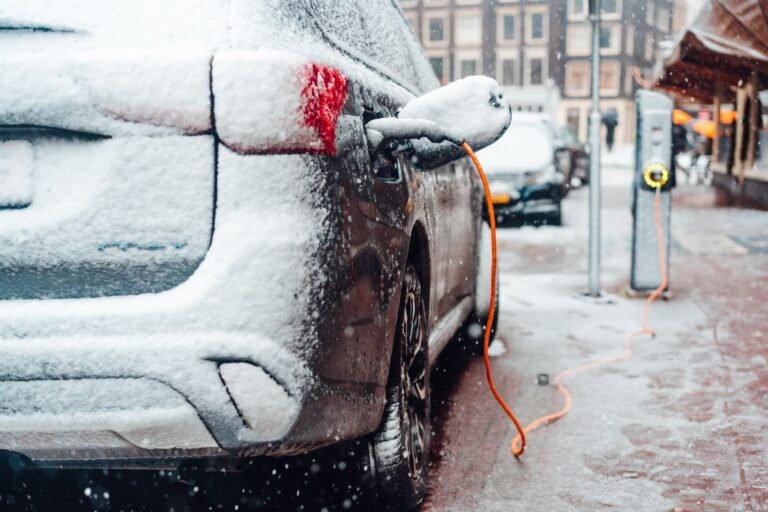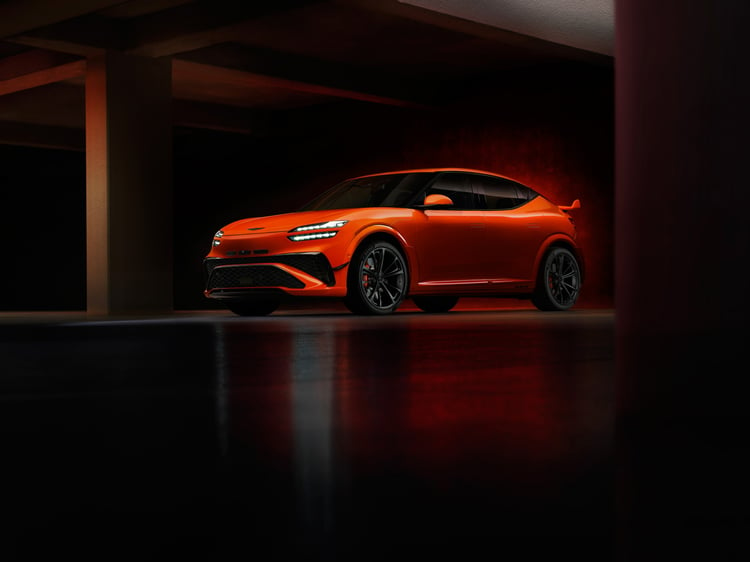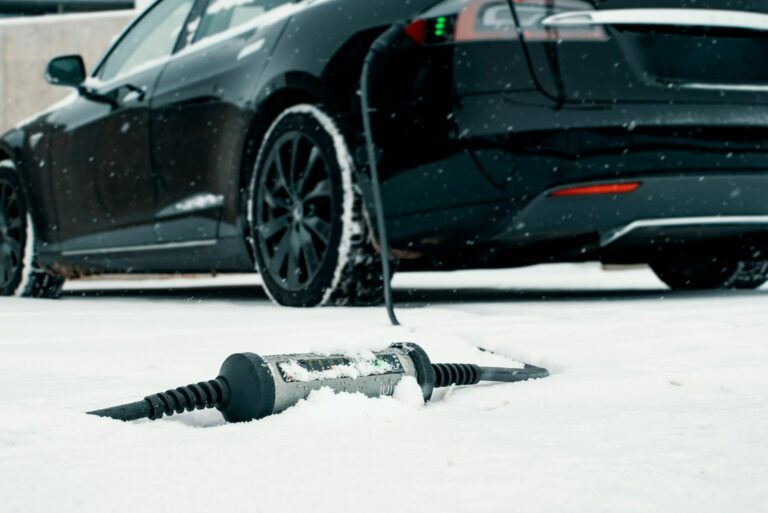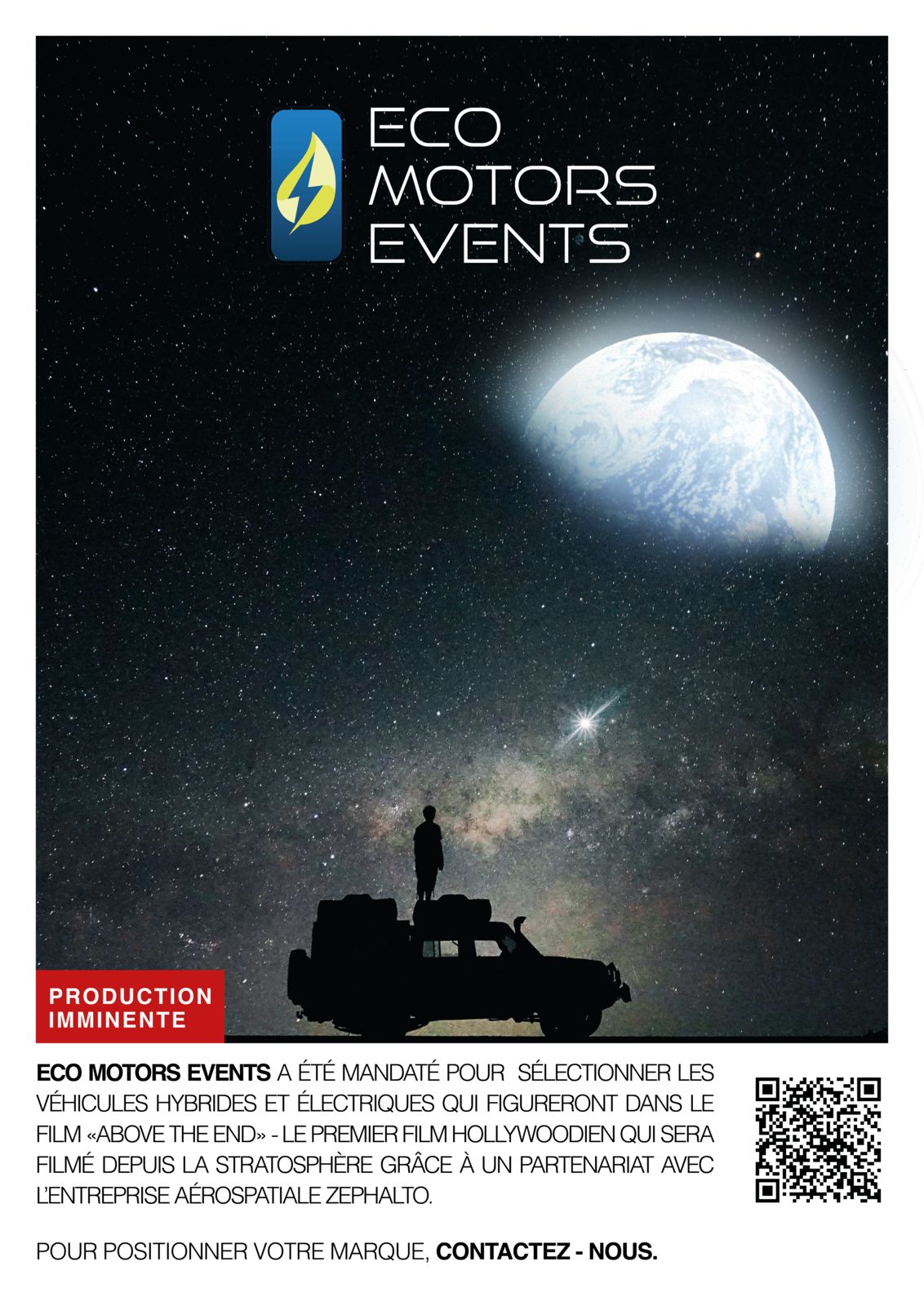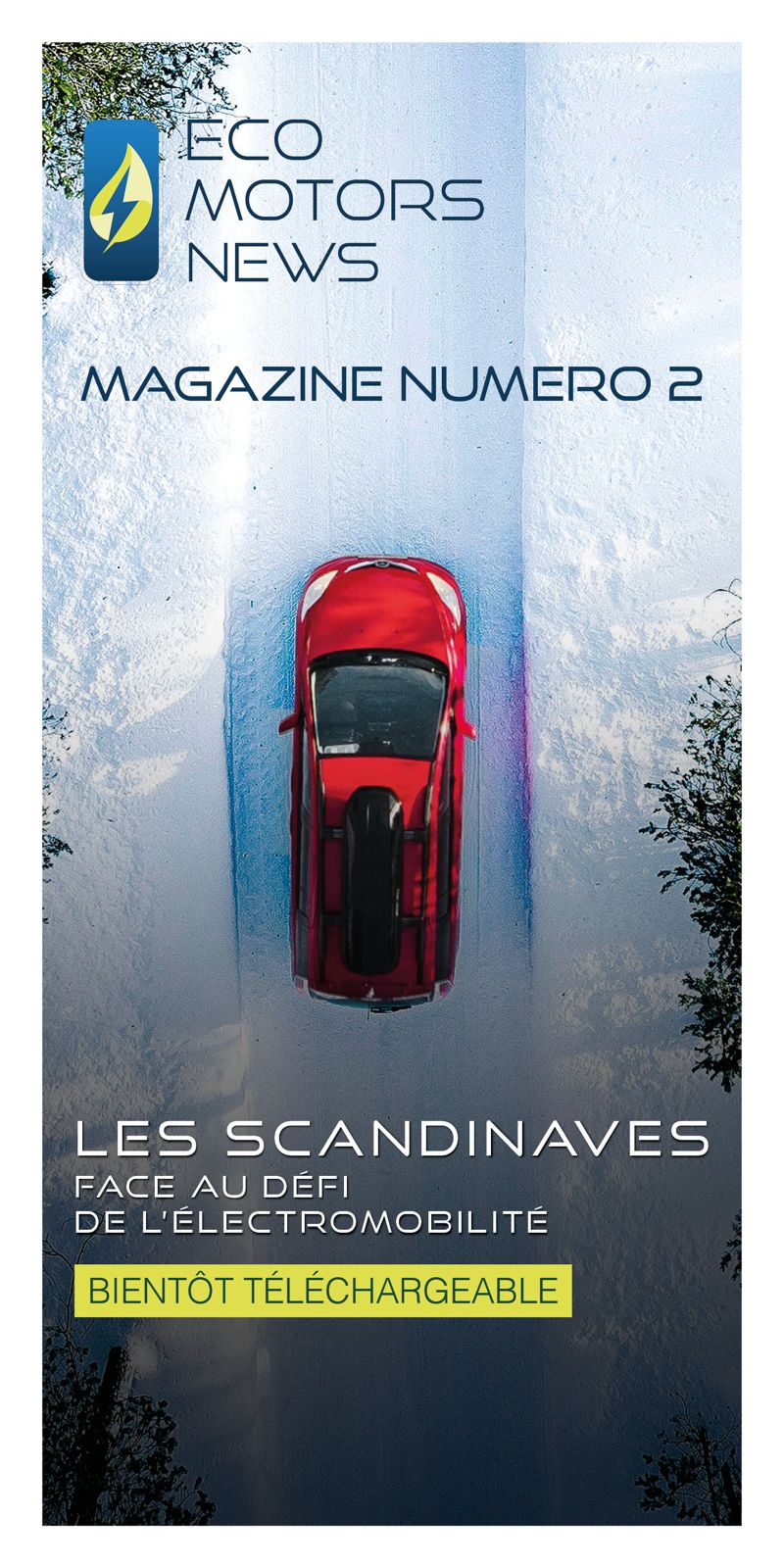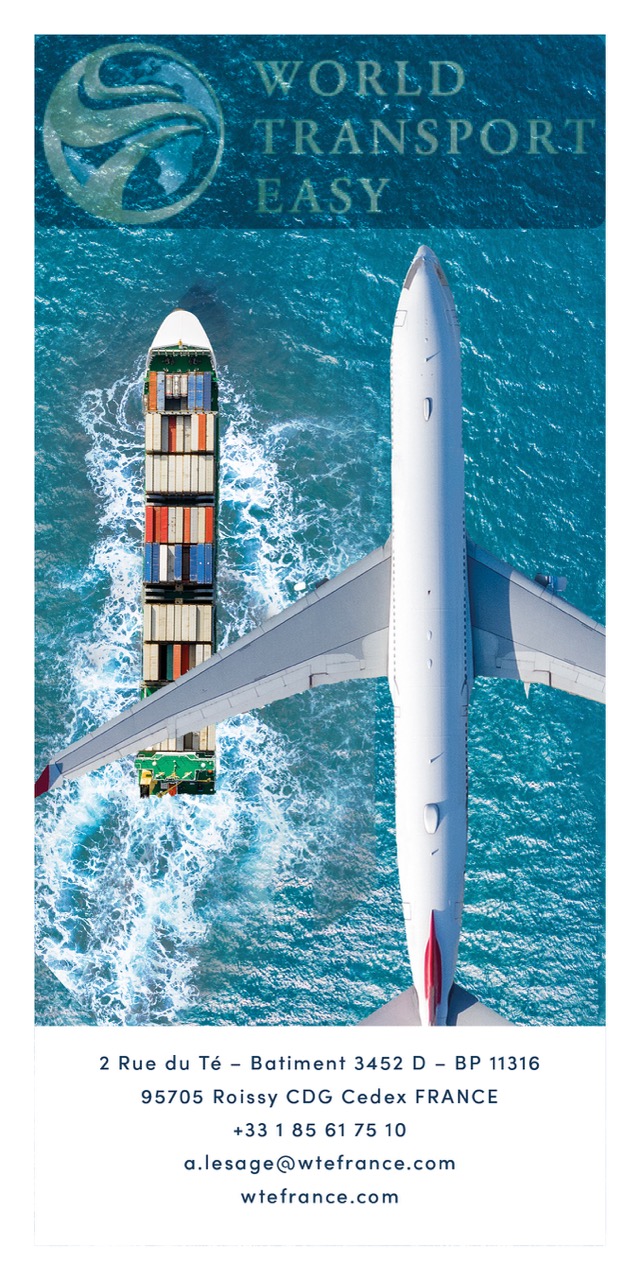Towing a trailer or caravan with an electric car may still seem unlikely. However, this use is becoming credible thanks to the rapid progress in the sector. The TCS (Touring Club Schweiz) now provides a detailed perspective on what electric vehicles can really do. It highlights their strengths, but also their limitations, particularly in terms of range and charging.

When electric meets towing
The idea of using an electric vehicle for towing may still surprise some, but certain models already rival conventional cars. For example, the Tesla Model X can tow up to approximately 2,250 kg according to the manufacturer’s manual. Its instant torque makes starting with a load, accelerating, and climbing steep inclines easier. This power also reduces the risk of overheating, which is common in some conventional clutches under heavy load. Currently, a few models such as the Mercedes G 580 electric or the Maxus eTERRON 9 can even tow up to 3.5 tonnes, placing them on par with good combustion vehicles. However, power alone does not guarantee safety. Vehicle balance remains essential for safe driving. The TCS notes that roll-assist systems improve stability but never replace precise setup. Load distribution and tongue weight always play a major role in the behaviour of a towed combination.
Even with these systems, towing a trailer requires constant vigilance. The TCS emphasises the importance of a properly calibrated vertical load to avoid dangerous reactions. A poorly balanced trailer can cause oscillations that neither the ESP nor the electronics can correct effectively. Electronics remain a support, not a miracle solution. The driver must adapt their driving, reduce speed, and anticipate every movement. An EV offers instant traction, but it never replaces careful driving.
Range and consumption: the real challenge
In reality, electric towing primarily presents a range challenge. Towing a trailer increases consumption and reduces the distance between charges. Travelling with a trailer in an EV is possible, but only with careful planning. Energy loss must be anticipated, the right charging stations selected, and longer breaks scheduled. Furthermore, current infrastructure complicates matters. Unlike petrol stations, it is often impossible to charge while keeping the trailer attached. Many charging points require perpendicular parking or tight manoeuvring. In most cases, the driver must detach the trailer, which inevitably extends the stop. This constraint can also block access for other users, creating extra stress for the driver and even potential collisions.
To address this, the TCS highlights a useful solution: the “eTrucker” app. It allows filtering for charging points accessible without detaching the trailer. Originally intended for electric trucks, this feature also benefits electric cars with trailers. It helps plan charging stops and reduces surprises. However, this solution is temporary. The real need concerns charging points designed for vehicles with a tow. Developing such infrastructure will become crucial if towing with EVs becomes widespread.
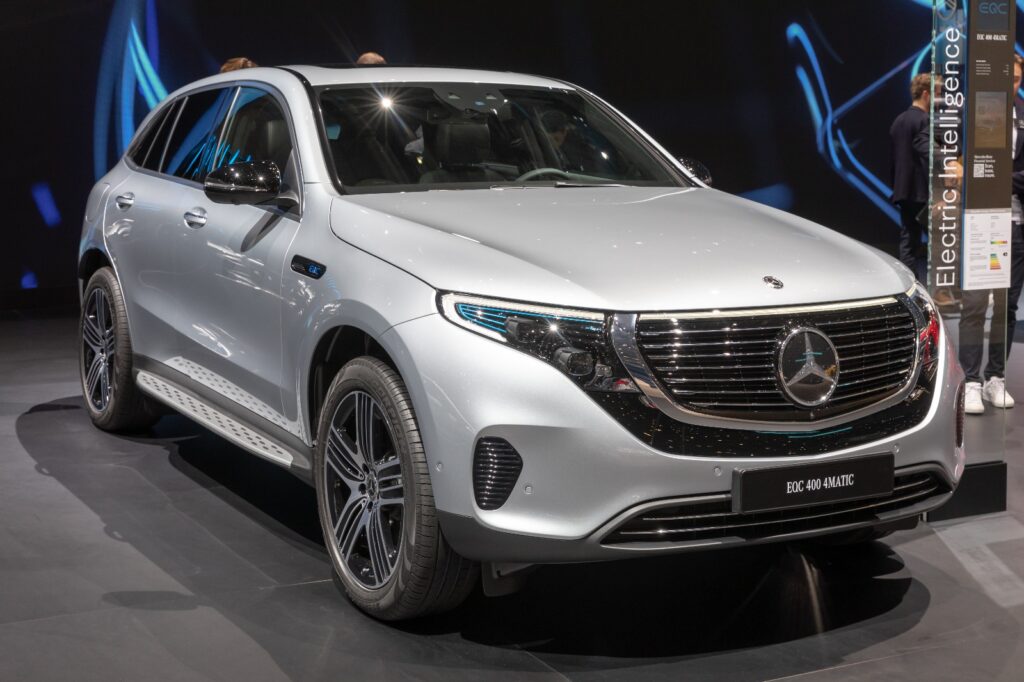
Technology ready, but an ecosystem still in transition
According to TCS tests, electric vehicles are fully capable of towing. Differences in consumption between an EV and a conventional car towing a trailer are generally limited. Technology is therefore no longer a barrier. Instant torque, no clutch, and smooth driving are real advantages. However, this use requires much stricter organisation than with a conventional vehicle. For example, other models such as the Mercedes EQC can tow up to approximately 1,800 kg according to specialist guides. More recently, sedans such as the Audi A6 e-tron report towing capacities of around 2,100 kg. Remaining obstacles are therefore not mechanical or technological, but logistical. The charging network is not yet adapted for vehicles towing a trailer. It remains designed for short, unattached cars. As long as this situation persists, long trips with a trailer in an EV will require more preparation and patience.


